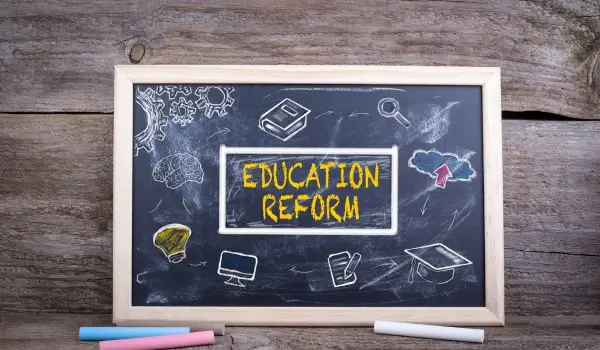Education is the cornerstone of a thriving society, and over the decades, it has undergone significant transformations. From expanding access to embracing new technology, educational reform has continually adapted to meet changing societal needs. Let’s explore some of the key milestones in educational reform—and what the future might hold.
Landmark Changes in Educational Reform
Throughout history, certain reforms have dramatically reshaped the landscape of education. Some of the most influential changes include:
- The Introduction of Compulsory Education: Laws passed in the 19th and early 20th centuries made schooling mandatory for children, laying the foundation for widespread literacy and learning.
- Desegregation and Equal Access: Landmark cases like Brown v. Board of Education (1954) ended legal segregation in schools, pushing the U.S. toward a more equitable system.
- The Rise of Special Education: The Individuals with Disabilities Education Act (IDEA) ensured that students with disabilities received tailored support and resources.
- Standardized Testing and Accountability: Initiatives like No Child Left Behind (2001) emphasized standardized testing as a measure of school performance and student achievement.
These reforms were driven by a shared goal: to create a more inclusive, fair, and effective educational system for all learners.
Current Trends Shaping the Future
Today’s educational reform efforts are tackling new challenges while building on past successes. Emerging trends include:
- Personalized Learning: Technology enables more tailored education experiences, meeting students where they are rather than adhering to a one-size-fits-all model.
- Focus on Equity and Inclusion: Ongoing efforts aim to close opportunity gaps based on race, income, and geography.
- Mental Health and Wellness Initiatives: Recognizing the critical role of mental health in academic success, schools are integrating more support services.
- Career Readiness and Skills Training: Curriculums are evolving to prepare students for real-world jobs with a focus on STEM, entrepreneurship, and critical thinking.
Educational reform is now less about enforcing uniform standards and more about creating flexible, student-centered systems that can adapt to a rapidly changing world.
Final Thoughts
The journey of educational reform is far from over. While landmark changes have laid important groundwork, future efforts will need to focus on equity, innovation, and holistic student development. By learning from the past and embracing forward-thinking strategies, we can ensure that education continues to be a powerful engine for personal and societal growth.

